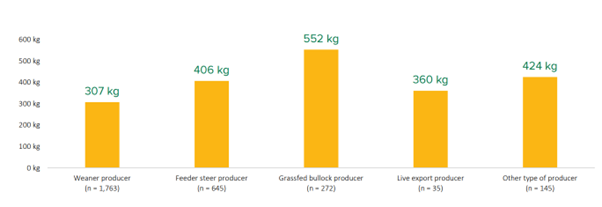A La Trobe professor has been awarded the Robin Tavistock 2024 award for her important contribution to the field of aphasia, a significant communication disability following stroke and other brain injuries where people can have difficulty speaking, reading, writing, and understanding language and numbers. Professor Miranda Rose, Director of La Trobe’s Centre of Research Excellence in Aphasia Recovery and Rehabilitation, received the prestigious award presented annually to a person or group who has made a significant international contribution to the field of aphasia. The award is named after Robin Tavistock, the 14th Duke of Bedford who founded The Tavistock Trust for Aphasia. “I feel honoured and very humbled to receive this international award – it reflects the hard work and generous collaboration of the many national and international researchers, clinicians, and people with lived experience of communication disability that I have been so fortunate to work with,” Professor Rose said.
Professor Rose, who set up the Centre in 2019, was lead investigator in the largest comparison trial of aphasia rehabilitation to date, which examined outcomes from constraint-induced and multi-modality aphasia treatments. The team found that the intervention they developed, called Multi-modality Aphasia Therapy (M-MAT), was more effective than constraint therapy and usual care for improving quality of life for people with aphasia following a stroke. M-MAT is provided by a speech pathologist in small groups of people with aphasia. Following the trial M-MAT is being developed for telehealth delivery. M-MAT has been successfully trialled in Canada and Japan and will soon be trialled in Brazil.
Professor Rose and her co-design team created the new Communication Connect web platform, which helps people living with aphasia and communication disabilities after traumatic brain injury to communicate better and live well once they leave rehabilitation programs. The Communication Connect web platform is AI enabled so solutions to challenges can be personalised and customised to the user’s needs. The platform will undergo a pilot trial through Bendigo Health this year.
Professor Rose said the platform contained information about rehabilitation and self-management options, links to apps for self-managed communication therapy and bespoke solutions such as a mood tracker that can support the person to track their mood and aims to reduce the possibility of developing depression or social isolation.








